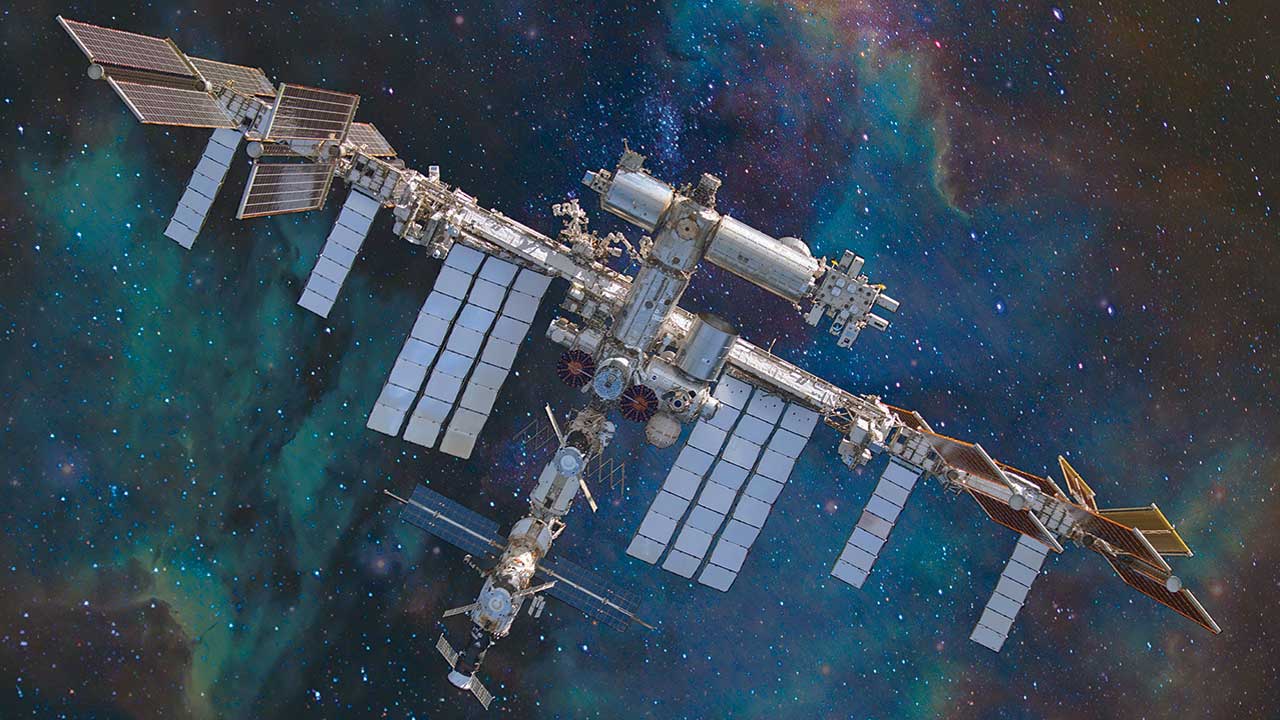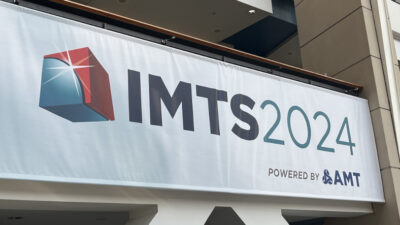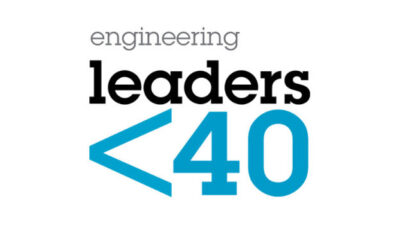100+ payloads delivered, 50+ papers published as ISS National Lab drives Low Earth Orbit research.

The International Space Station (ISS) National Laboratory reported growth in space-based R&D in its annual report, released by the Center for the Advancement of Science in Space (CASIS). Over the past fiscal year, the ISS National Lab sponsored more than 100 payloads delivered to the orbiting laboratory—the second-highest annual total to date. This year also saw 51 ISS National Lab-related results published in peer-reviewed articles highlighting the ISS National Lab’s contribution to scientific research.
Since 2011, CASIS has managed the ISS National Lab under a cooperative agreement with NASA, enabling access to the space station for research and fostering growth in the low Earth orbit (LEO) economy. This partnership with NASA supports the ISS National Lab’s mission to advance space-based R&D, encourage a sustainable space economy, and support the development of future commercial LEO destinations (CLDs). The ISS National Lab’s annual report for fiscal year 2024 (Oct 1, 2023-Sep 30, 2024) provides update on these initiatives.
Notable accomplishments in FY24:
- Of the 103 ISS National Lab-sponsored payloads launched to the space station, 80 percent were from commercial entities, reflecting consistent participation by private industry in space-based R&D.
- Nearly 75 percent of newly selected projects in FY24 were from organizations conducting space-based research for the first time, reflecting the effectiveness of ISS National Lab solicitations in engaging new research participants. Of the 31 selected projects, more than half were awarded through ISS National Lab Research Announcements (NLRAs) focused on technology development, in-space production applications such as tissue engineering and biomanufacturing, and workforce development.
- More than 50 peer-reviewed articles related to ISS National Lab research were published in FY24. This brings the cumulative total to approximately 450. Two-thirds of these publications stemmed from projects funded by the U.S. National Science Foundation (NSF) and the National Institutes of Health (NIH).
- An NIH-funded project contributed to the filing of a patent for a muscle tissue chip system, while an ISS National Lab-sponsored educational initiative supported the development of a space station model kit for educators and students.
- Nearly $25 million in external, non-NASA funding was allocated to ISS National Lab-sponsored projects, with almost half coming from academic and nonprofit institutions, reflecting their engagement in space-based R&D.
- The ISS National Lab offered $7 million through the first Igniting Innovation program, in partnership with NASA’s Biological and Physical Sciences Division. The funding supported five selected multiflight projects focused on cancer research. Most were from academic and nonprofit institutions that matched funding on a 1:1 basis.
- Startups raised approximately $147 million in funding following ISS National Lab-sponsored projects, contributing to a total of $2.2 billion.
- The number of subscribers to Upward, official magazine of ISS National Lab increased significantly, and the Space Station Spotlight newsletter, launched in FY23, added 1,100 new subscribers in FY24. A redesigned website contributed to a measurable increase in page views by improving navigation and accessibility.
- This year, the ISS National Lab focused on workforce development and STEM education by introducing programs aimed at teaching practical skills to students. A corporate donor committed funding to support these education initiatives over the next three years.
“I am incredibly proud of what we achieved this year,” said Ramon Lugo, principal investigator and chief executive officer of CASIS. “As we continue to work hand in hand with NASA, our strong partnership has allowed us to push the limits of what we can accomplish.”
The FY24 Annual Report is now available online.
Edited by Puja Mitra, WTWH Media, for Control Engineering, from an ISS National Laboratory news release.



